It’s been almost a fortnight since terrorists unleashed havoc in the Baisaran meadow of Pahalgam in Jammu and Kashmir, killing 26 innocent people. Since then, tensions between India and Pakistan have been high as New Delhi blames Islamabad for its tacit support to terrorists and taking strict measures against the neighbouring nation.
The week gone by also saw Canada hold its elections in which the Mark Carney-led Liberal Party was able to achieve a remarkable turnaround, winning a fourth term, delivering a huge blow to the Conservatives led by Pierre Poilievre.
And speaking of elections, even Australia went to the polls on May 3 with Australia’s centre-left prime minister, Anthony Albanese, winning a second term with a crushing victory over the opposition. Albanese’s Labor party scored an unexpectedly comfortable win, after a five-week election campaign dominated by the cost of living and global economic uncertainty.
Away from politics, also came the shocking news of a massive power outage in Spain, Portugal and parts of France. People were plunged into darkness with no way to communicate with one another and causing flights to be cancelled or deferred.
But if you missed these big headlines, don’t fret. We have you covered in our weekly wrap that will discuss everything that happened in the past seven days.
1) Days after the Pahalgam terror attack, India suspended the 1960 Indus Waters Treaty with Pakistan, imperilling the neighbouring country’s economy. An angry Pakistan responded by terming India’s move as an ‘act of war’. Its minister, Aqeel Malik, has confirmed that Islamabad is now planning to legally challenge New Delhi on international platforms, including the International Court of Justice. But, this won’t really help Pakistan. Read our report to find out why Pakistan’s efforts won’t bear any fruit.
2) While Pakistan has planned on taking India to court over the Indus water, it is also waging war against it — not on the battlefield, but in cyberspace. Since the terror attack, different hacking groups based in Pakistan have attempted to deface and harvest personal information from Indian websites. But who are these hackers? What purpose are they serving?
Read the full report to find out.
3) Away from the news of terrorism, this week was also saw Canada going to the polls. Mark Carney, the former governor of Bank of England helped steer the Liberal party to a big win in the North American country, with many calling it a turnaround unlike any other. The results delivered a huge shock to Conservatives’ Pierre Poilievre, who until January, was pegged to win the polls. But as they say in politics, three months is a long time. He went from being a shoo-in for the prime ministerial post, to conceding defeat as well as his own seat in Ottawa’s Carleton.
But how did things get so bad for Poilievre? Why didn’t Canada vote for him?
4) This Canada election also turned out to be a mixed bag for Indian-origin candidates. Jagmeet Singh, who was born to Indian immigrants from Punjab, stepped down as leader of the New Democratic Party (NDP) after losing his own seat. In Canada’s Edmonton, Liberal candidate Amarjeet Sohi lost to the Conservative Party’s Jagsharan Singh Mahal. In our report, we analyse the performance of the desi candidates. Take a look.
5) On Saturday, Australia went to the polls in an election overshadowed by US President Donald Trump. At the end of it all, Australia’s Prime Minister Anthony Albanese secured a second term in office in a disastrous night for his conservative rivals. Albanese’s victory makes him the first Australian prime minister to win re-election for two decades.
Election night was a double whammy for opposition leader Peter Dutton. The 54-year-old leader, who had hoped to end the night as prime minister, lost his seat, Dickson, that he’s held for more than 20 years, ending a brutal night for the veteran politician.
6) On Monday, chaos erupted in Spain and Portugal when a major power outage occurred. Thousands of train passengers were stuck, flights were cancelled, and hospitals had to stop regular services as the electricity grid collapsed. Days later, the power is back up but the discussion on what caused it continues among the public as well as officials.
Did climate change cause this problem? Was it a cyberattack? Our explainer delves into the many theories on what caused the power cut.
7) The Russia-Ukraine war continues to wage on. It has claimed the lives of countless soldiers and civilians. But the story of Viktoriia Roshchyna, a fearless young journalist, from Ukraine is bound to get you teary-eyed. After disappearing in 2023, her body was finally repatriated this February. But what her family received was shocking to say the least — fractured bones, suspected electric burns, her head shaved, and several internal organs removed.
Here’s her tragic tale.
8) This week also saw US President Donald Trump complete his first 100 days in office. And what a 100 days it has been. His second term has unfolded with sweeping, often controversial moves across domestic and international fronts. From ending diversity, equity and inclusion (DEI) initiatives to waging war against the country’s elite university, Harvard, Trump has done it all.
If you feel like you need a catch-up, here’s a look at Trump’s most controversial decisions in his first 100 days in office.
9) It’s been almost eight months since Sheikh Hasina fled Bangladesh after she was ousted from power. Since then, the country has witnessed political turmoil. But that’s not it. A recent order by the interim government to halt the issue of currency notes featuring ‘Father of The Nation’ Bangabandhu Sheikh Mujibur Rahman has led to a currency crisis, endangering Bangladesh’s economy. Here’s more on this here.
That’s all from us this week.
If you like how we take a deep dive into the news, you can come back to this page for more.


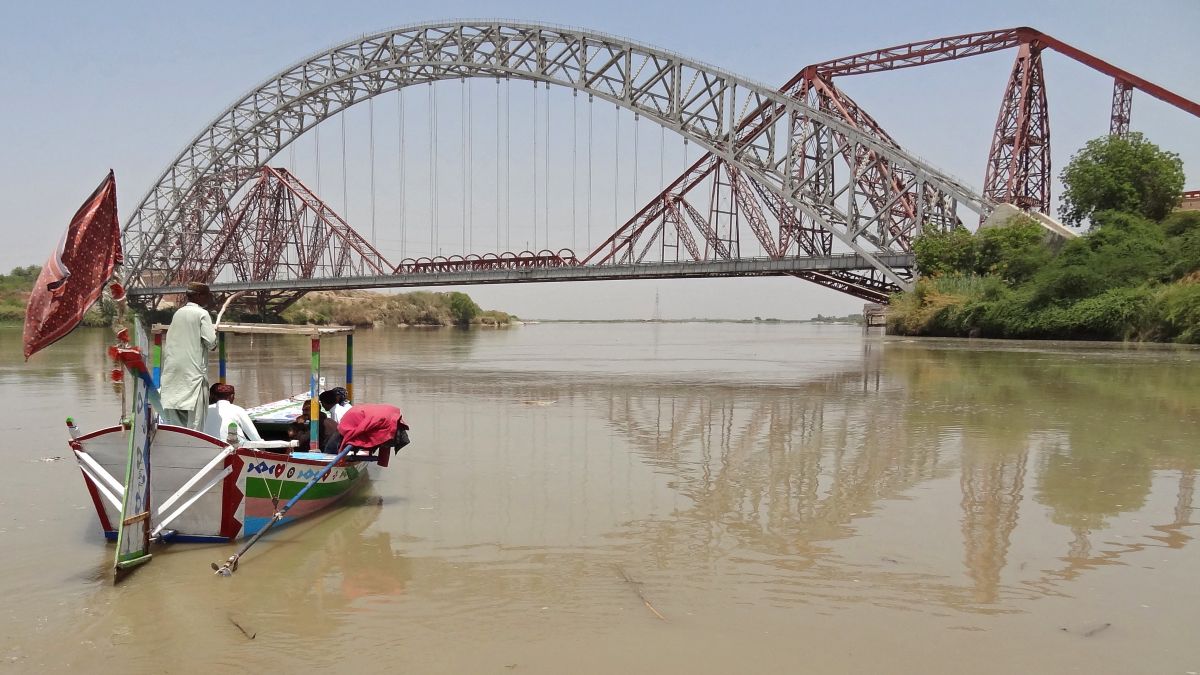)
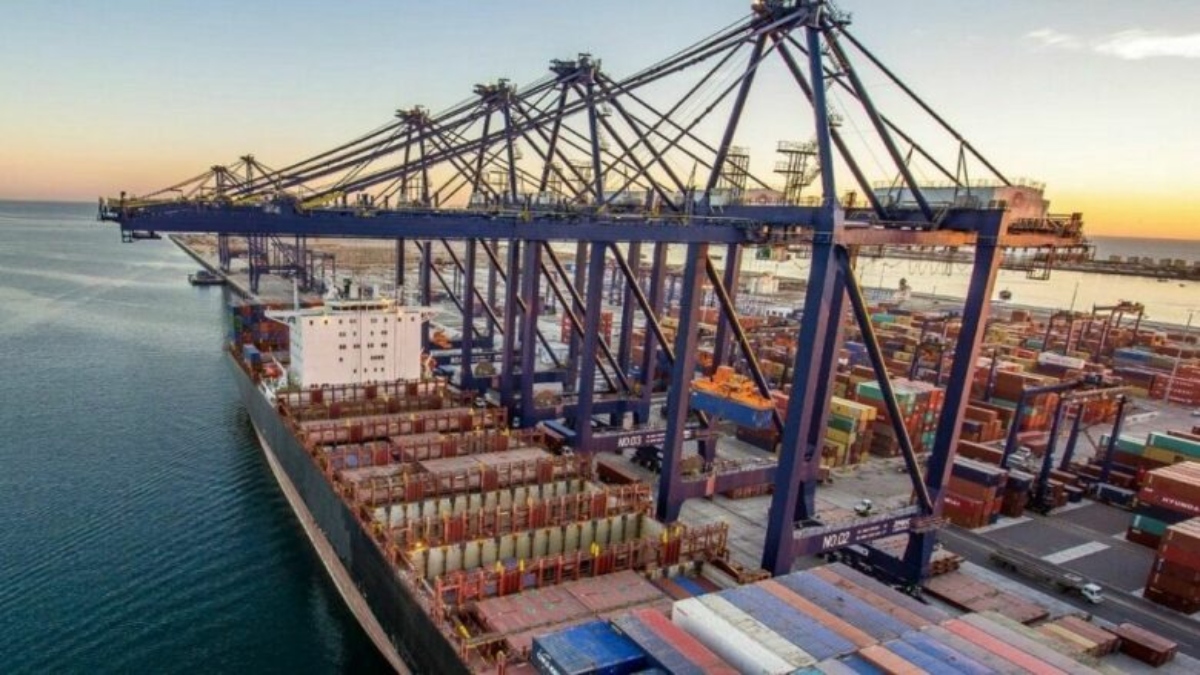)
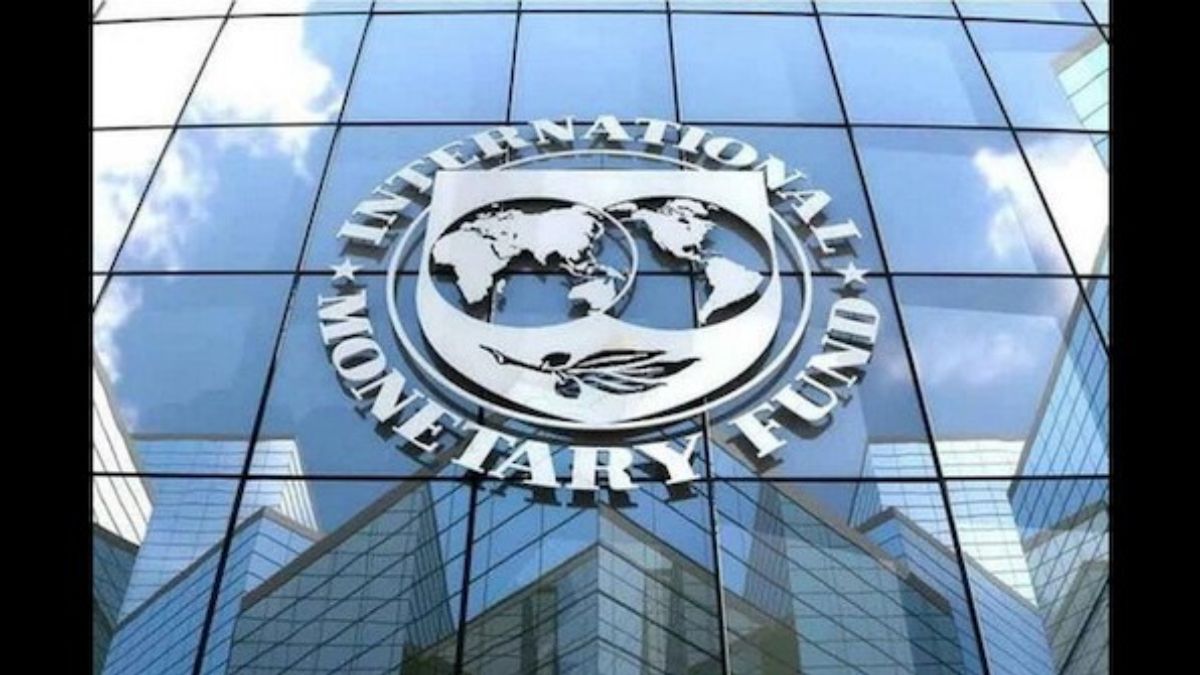)
)
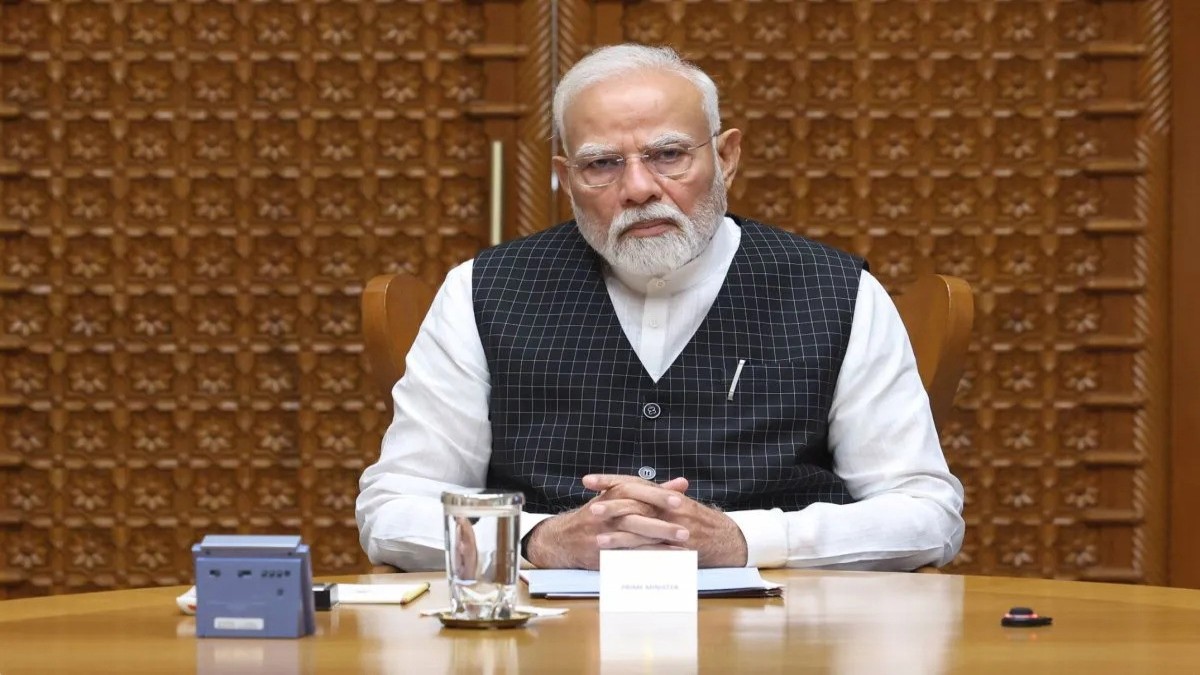)
)
)
)
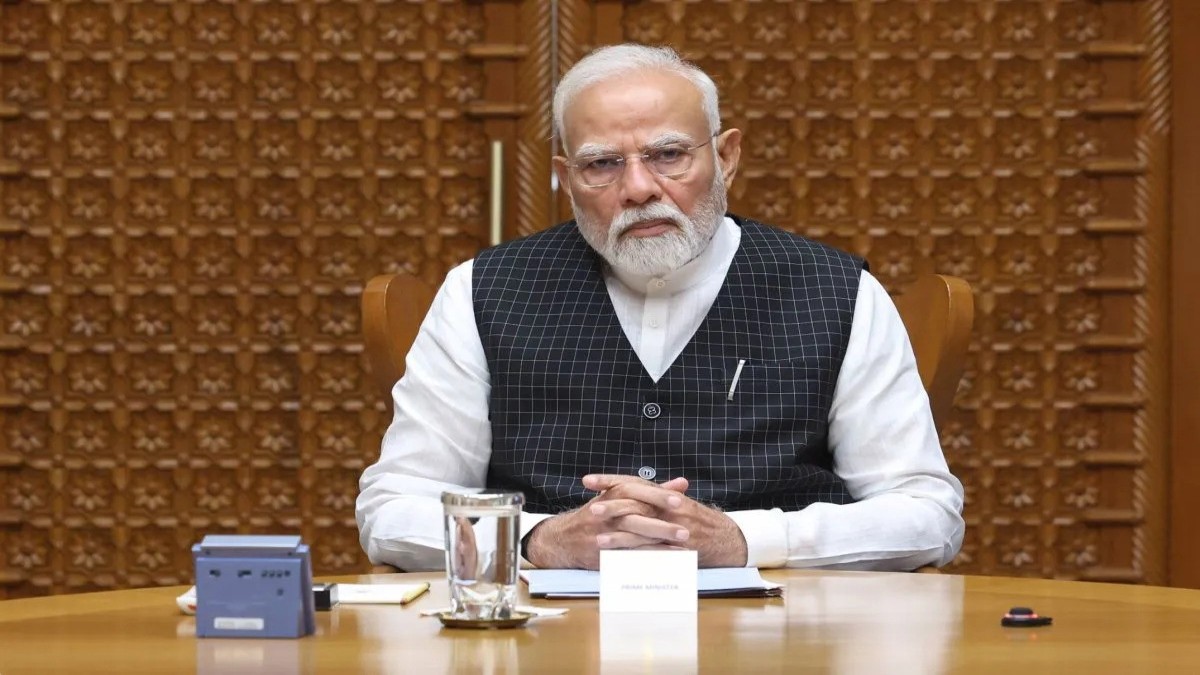)